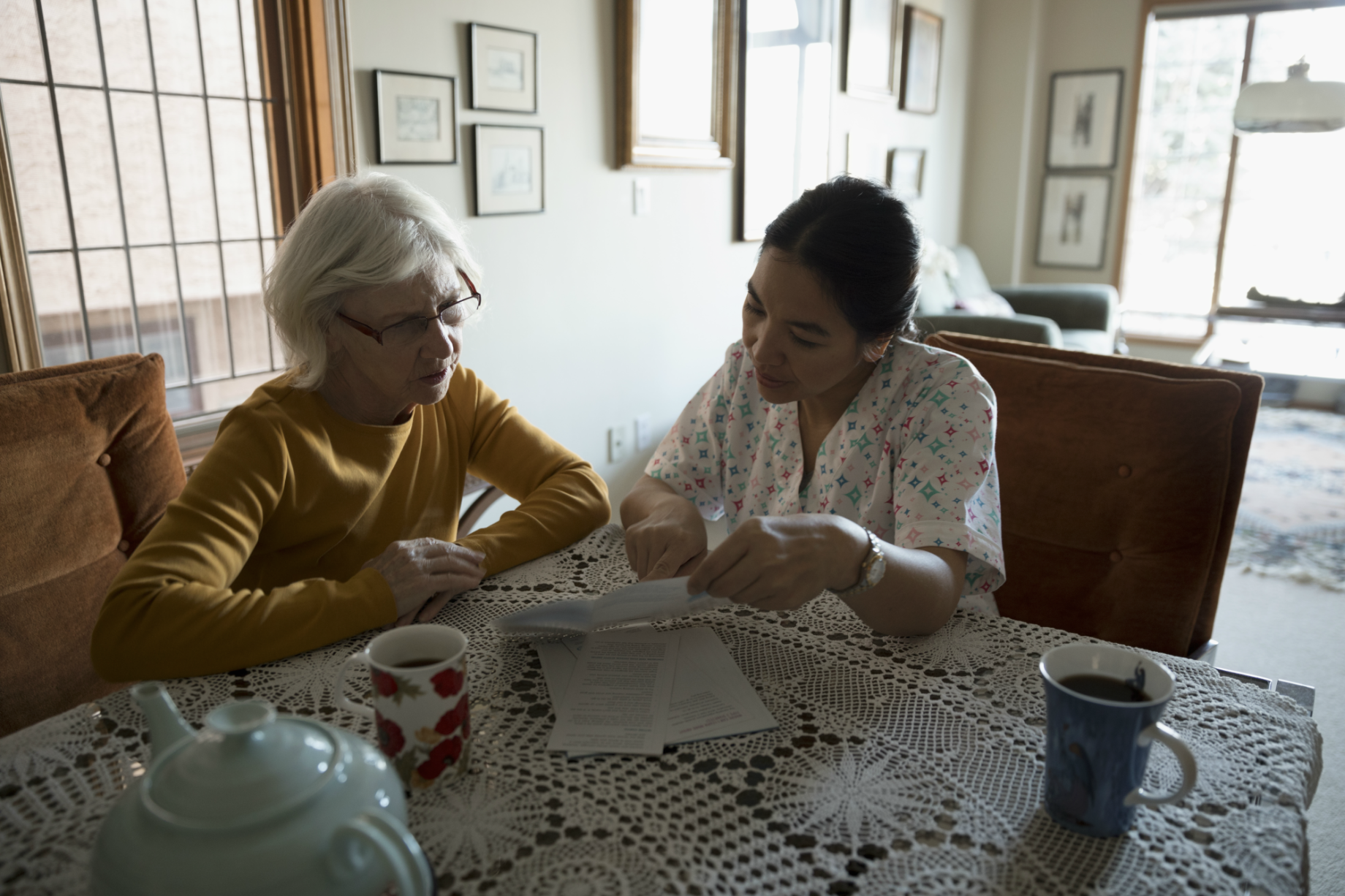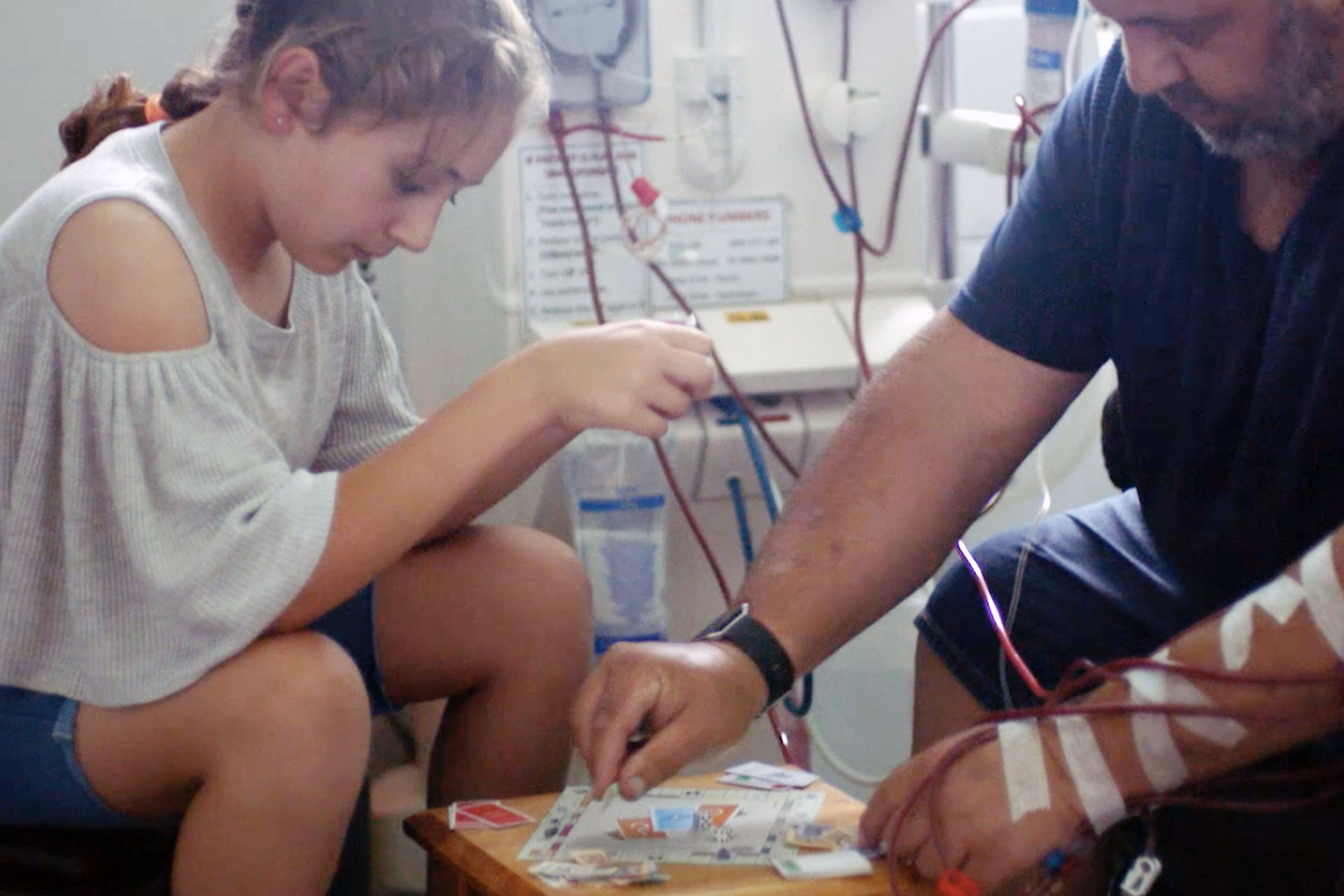-
Studies have shown loneliness is linked to numerous physical and mental health conditions -- from depressive symptoms to increased risk of cardiovascular issues. But could it also be linked to Alzheimer’s? While a lot more research is needed, we take a look at a recent study conducted by Harvard Medical School and published in JAMA Psychiatry.
Is there a link between loneliness and Alzheimer’s?

-
What did the research find?
In the study, 79 older adults with normal cognitive functioning were asked to rank their feelings on 3 scales of loneliness. Roughly one third of the participants had a genetic risk factor for Alzheimer's, while another third showed elevated levels of a protein in the brain associated with increased risk of Alzheimer's, termed “amyloid-positive”.
The study found those who were amyloid-positive were 7.5 times more likely to be classified as lonely compared to amyloid-negative subjects. Those with genetic risk factors were also significantly more likely to be classified as lonely. The link between Alzheimer’s and loneliness has been further supported by previous studies, such as the Amsterdam Study of the Elderly, which in 2012 analysed 2,173 elderly people with normal cognitive functioning, and found subjects who experienced feelings of loneliness were 64% more likely to be diagnosed with clinical dementia. These results were found to be consistent whether the subject lived alone or with other people, and whether the subject experienced social isolation or not. Basically, the results suggest that it depends much more on how someone feels about their situation, rather than whether they’re actually alone or not.
The importance of staying connected
While there is much more research needed in this area, perhaps the biggest safeguard we can give older Australians, is a sense of genuine connectedness to others and the community around them.
Medibank Chief Medical Officer, Dr Linda Swan says:
“If your parents or other relatives are aging, it could be worthwhile to have a conversation about how they’re feeling and whether they feel connected with the world around them. Making regular visits to an older relative could also help alleviate feelings of loneliness by providing structure and visitors to look forward to. It’s worthwhile for our mental health, and those around us, to be building strong, connected communities.”
Read more about loneliness in Australia here. To see how Medibank is helping to tackle loneliness amongst hospital patients, see here.
Read more about studies looking into Alzheimer’s here.
-
Innovating for members living with chronic disease
Medibank is supporting our members living with chronic diseases such as heart disease, arthritis, and diabetes, through our CareComplete programs.
-
Medibank’s palliative care at home trial
Giving our customers choice in where they would like to receive their end-of-life care can provide dignity, privacy and help them retain control over the care they receive.
-
How your phone habits affect your sleep
And what it means for your mental health, hormones and more.
-
Medibank trialling haemodialysis at home
Giving members with chronic kidney disease more choice
-
The origins of western and eastern medicine
Two schools of thought explained
-
Almost half of hospital patients are looking for more support
Find out how Medibank is helping.
Subscribe to receive the best from Live Better every week. Healthy recipes, exercise tips and activities, offers and promotions – everything to help you eat, move and feel better.
By clicking sign up I understand and agree to Medibank's privacy policy





